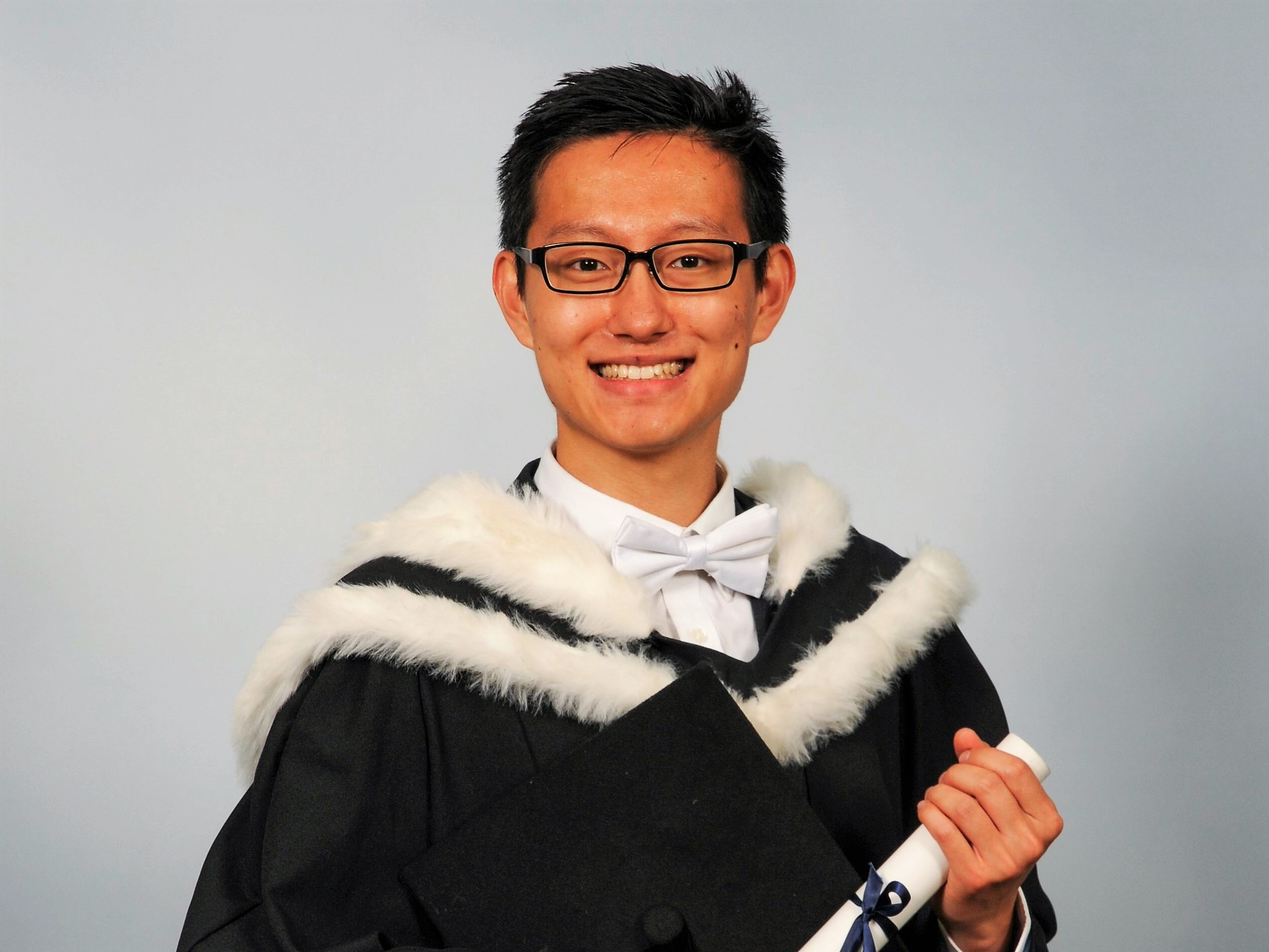For domestic awards, the following documents are required under Order 69 rule 14(1):
- the arbitration agreement or any record of the content of the arbitration agreement or, in either case, a copy thereof; and
- the original award or a copy thereof.
For international awards, the following documents are required under Order 69A rule 6(1):
- the arbitration agreement or any record of the content of the arbitration agreement or, in either case, a duly certified copy thereof;
- the duly authenticated original award or a certified copy thereof; and
- where the award or arbitration agreement is in a foreign language, a translation in the English language.
For foreign awards, section 30 of the IAA requires the following documents to be produced as evidence to the High Court:
- the duly authenticated original award or a duly certified copy thereof;
- the original arbitration agreement under which the award purports to have been made, or a duly certified copy thereof; and
- where the award or arbitration agreement is in a foreign language, a translation in the English language.
Where the award or the arbitration agreement is in a foreign language, a certified translation into English is required. The English translation must be duly certified as a correct translation by a sworn translator or by an official or by a diplomatic or consular agent of the country in which the award was made (for foreign and international awards).
Companies in legal proceedings must normally be represented by qualified lawyers. However, the Supreme Court may allow an application to be made by the company for an officer of the company to act on its behalf in legal proceedings. The court will approve if it is satisfied that the officer has been authorised by the company to do so, and it is appropriate to allow the officer to act on behalf of the company in the circumstances of the case.
As a starting point, service of documents is governed by Order 62 of the ROC. The regulatory framework for service of documents consists of personal service and ordinary service.
Order 62 rule 1 of the ROC provides that personal service is not required “unless the document is one which by an express provision of [the ROC] or by order of the [High] Court is required to be so served.” The High Court also has the discretion to “dispense with the requirement for personal service”.
(a) Personal service
Personal service must be effected by a process server of the High Court or by a solicitor or a solicitor’s clerk fulfilling certain conditions (O. 62 r. 2(1)). Personal service is effected when a sealed copy (for originating processes – which are defined under O. 5 r. 3 as “proceedings by which an application is to be made to the Court or a Judge thereof under any written law”) or a copy of the document (any other case) is left with the person to be served (O. 62 r. 3(1)). Personal service on body corporate is effected when the document is served on the chairman or president of the body, or the secretary, treasurer or other similar officer thereof (O. 62 r.4).
(b) Ordinary service
Ordinary service may be effected by leaving the document at the proper address of the person to be served, by post, by FAX, or in any other manner agreed between the parties or directed by the High Court (O. 62 r. 6(1)). Order 62 rule 6(4) specifically allowed the High Court to direct the service by electronic mail or Internet transmission.
In an interesting development in October 2016, a court in Singapore accepted the notification on a defendant of a civil suit by WhatsApp after failed attempts to serve the court papers on him personally. State Courts deputy registrar Georgina Lum approved the application by R&D Pharmaceuticals to show that the defendant had been served the documents by recognising the transmission by WhatsApp as “sufficient” for the purpose. [1]
(c) Service to a party outside of the jurisdiction
The general service process out of Singapore is detailed in Order 11 of the ROC. Service out of jurisdiction in domestic arbitral proceedings is governed by Order 69 rule 10 with reference to Order 11, and service out of jurisdiction in the IAA is governed by Order 69A rule 4 with reference to Order 11. Orders 69 and 69A work together to allow originating summons to be served out of Singapore for both domestic and foreign arbitrations with the leave of the High Court.
An application for the grant of leave under either Rule must be supported by an affidavit stating the ground on which the application is made and showing in what place or country the person to be served is, or probably may be found. No such leave shall be granted unless it shall be made sufficiently to appear to the High Court that the case is a proper one for service out of the jurisdiction under either Rule.
Order 11, Rules 3, 4 and 6 apply in relation to any originating summons or order as abovementioned. Order 11 must be read in light of the High Court judgment Humpuss Sea Transport Pte Ltd (in compulsory liquidation) v. PT Humpuss Intermoda Transportasi TBK and another [2015] SGHC 144 (hereinafter “Humpuss”), which effectively lifted the old prohibition against private means of service out of Singapore as decided by Ong & Co. v. Chow YL Carl [1987] SLR(R) 281.
Chong J in Humpuss (paragraphs 58-62) clarified that the number of ways to serve a writ outside Singapore depends on whether the defendant resides in:
- Malaysia and Brunei (seven methods);
- a Civil Procedure Convention country (five methods); or
- a non-Civil Procedure Convention country (six methods).
The four universal methods are:
- personal service without contravening the law of the foreign jurisdiction (r. 3(1) & r. 3(2));
- substituted service with leave of court without contravening the law of the foreign jurisdiction (r. 3(1) & r. 3(2));
- service by a method specifically authorised by the law of the foreign jurisdiction for the service of foreign process (r. 3(3)); and
- service through a Singapore consular authority without contravening the law of the foreign jurisdiction (r. 4(1)(b) & r. 4(2)(b)).
If the award-debtor resides in Malaysia or Brunei, the three additional methods are:
- service through the government of Malaysia or Brunei (r. 3(8)(a) & r. 4(2)(a));
- service by a method recognised in either Malaysia or Brunei for the service of domestic process issued by the Malaysian and Bruneian courts without contravening Malaysian or Bruneian law (r. 3(8)(a) & r. 4(2)(c)); and
- by post from the Registrar of the Singapore court to the judicial officer exercising civil jurisdiction in the territory in which the defendant resides (r. 3(8)(b)).
If the award-debtor resides in a country with which Singapore has concluded a Civil Procedure Convention, the additional method is (next to the four universal ones mentioned above) service through the judicial authorities of the foreign jurisdiction (r. 4(1)(a)).
If the award-debtor resides in a country with which Singapore has not concluded a Civil Procedure Convention, the two additional methods are (next to the four universal ones mentioned above): (i) service through the government of the foreign jurisdiction (r. 4(2)(a)); and (ii) service by a method recognised by the law of the foreign jurisdiction for the service of domestic process issued by the courts of that country without contravening the law of that country (r. 4(2)(c)).
[1] Vijayan KC, “Court Nod for Civil Suit Papers to Be Served via WhatsApp” (The Straits Times October 19, 2016) <https://www.straitstimes.com/singapore/courts-crime/court-nod-for-civil-suit-papers-to-be-served-via-whatsapp> accessed June 24, 2020.

